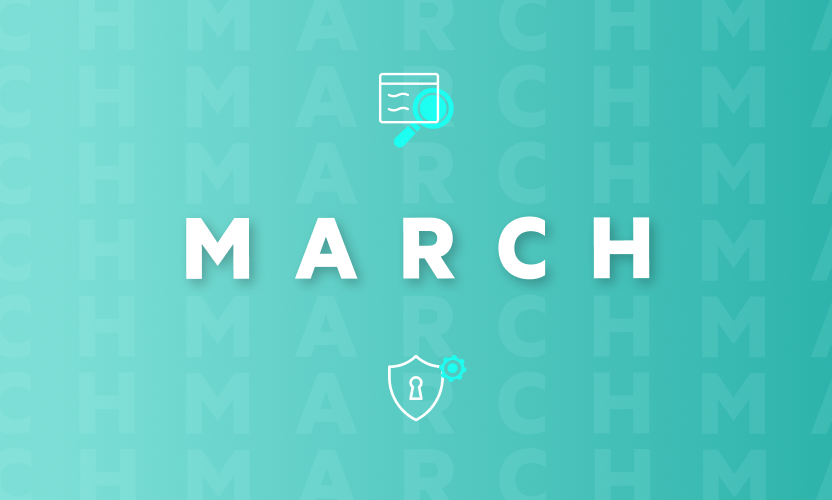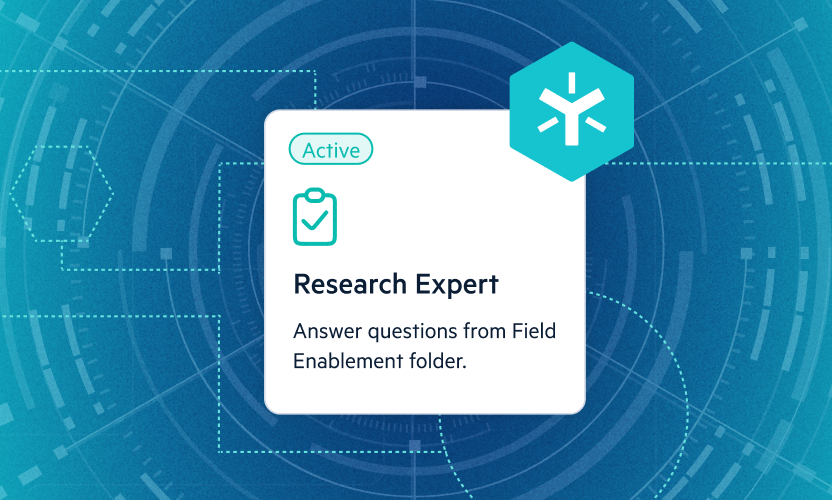
Certify Documents Stored in Egnyte With Blockchain Technology
Businesses want irrefutable proof that the lineage and integrity of their critical documents are sound. Typically, this requires implicit trust in centralized systems and audit processes, but this framework runs counter to the current trend of using decentralized value chains.
To address this contradiction, Egnyte is excited to announce a new way for its users to certify documents—a document stamping service that addresses an essential need for many businesses in highly regulated industries.
With the new document stamping service, an organization can certify and authenticate documents, files, reports, and contents stored within its Egnyte repository. For a regulated business, this can be an invaluable tool to create indisputable, auditable proof of its most valuable document sets.
Why Egnyte Built a Blockchain-based Service
This document stamping service has obvious value in the financial sector, but businesses in other industries can benefit as well. For example, a biotech company might need to ensure the documents sent by a contract research organization (CRO) haven’t been modified but they don’t want to rely solely on the CRO’s bookkeeping. Or a general contractor might need proof that the drawings it exchanged with partners were the same used to construct a new building. Ideally, these companies wouldn’t have to rely on a central authority—and blockchain provides the solution.
A blockchain is a distributed ledger, a sort of book of immutable records, readable by anybody, but not modifiable. Once a transaction is recorded, it cannot be reversed or tampered with. In this way, a blockchain is the foundation for immutable ledgers, which is why blockchains are also known as a distributed ledger technology (DLT).
And though the most well known examples of blockchain usage relate to cryptocurrencies, the introduction of smart contracts facilitates the creation of immutable code fragments that can persist checksums on the blockchain as well.
When users timestamp a document, a permanent record is created on the blockchain with cryptographic proofs. This creates a dynamic digital record of authorship and allows any authorized party to inspect and validate the document as it is certified—without implicitly trusting the vendor statement.
And since the process is managed by Egnyte, companies of any size can use the time stamping service to solve these problems without dealing with the complexities of blockchain.
We’re already hearing from customers excited about this new capability. As regulators increasingly emphasize data protection, Behrooz Najafi, CIO at Calithera, a biotech company and Egnyte customer, believes the need for data integrity in the life sciences space has never been greater.
“Security has been at the forefront of Egnyte since we began using their repositories to store content across our enterprise,” Najafi said. “Document stamping further validates our decision to move out of on-premises infrastructure to Egnyte.”
How Egnyte Designed an Adaptable Document Stamping Service
When building a blockchain-based service, you use either public or private blockchains. Data on public blockchains is visible to anyone and may suffer from throughput issues, which may not be desirable for enterprises. Conversely, private blockchains are owned by a consortium of companies. They address the problems with public blockchains, but they also exist on a much smaller network of nodes.
Because blockchain technologies are in flux and new alternatives frequently emerge, we knew that the Egnyte solution had to be flexible enough to leverage different blockchain technologies. Though we use Ethereum as the main blockchain for the initial rollout, we can easily change to a different one.
In addition, since existing blockchains suffer from poor throughput and have high transaction costs that limit their applicability for fine-grained records, we had to find a creative way to batch transactions. We needed an approach that allowed individual customers to timestamp different types of documents and preserve confidentiality, while keeping costs down and maintaining consistent commit times.
In our approach, we:
- Generate a (SHA-512) hash from the document contents, concurrently storing the document in a document store.
- Create a data packet containing the document ID and URL in the document store, as well as the computed hash.
- Commit the data packet in a transaction on the blockchain.
To validate the document at any time, an authorized user can download the document from the document store and its committed hash from the blockchain. Egnyte can then independently verify that the committed hash is the same as the computed hash of the downloaded document.
Though our approach works across industries, we decided to focus initially on the specific life science use case of auditing. For GxP compliance, a company is required to periodically record the state of the documents using checksums. We use cryptographically strong checksums to handle audits, but we take it one step further by enabling any authorized party—even those outside your Egnyte domain—to query the blockchain and verify the state of these audit records independently at any time.
Over time, we plan to extend this service to encrypted versions of document sets outside Egnyte, in publicly accessible storage such as IPFS. We’ll also extend our support for more business processes based on customer feedback.
Learn More
We are excited to use blockchain technologies to solve a concrete business problem. If you’re a life sciences customer that needs to provide authenticity and integrity within its GxP-compliant domains and you want to participate in the pilot program, please contact your Egnyte account representative.





